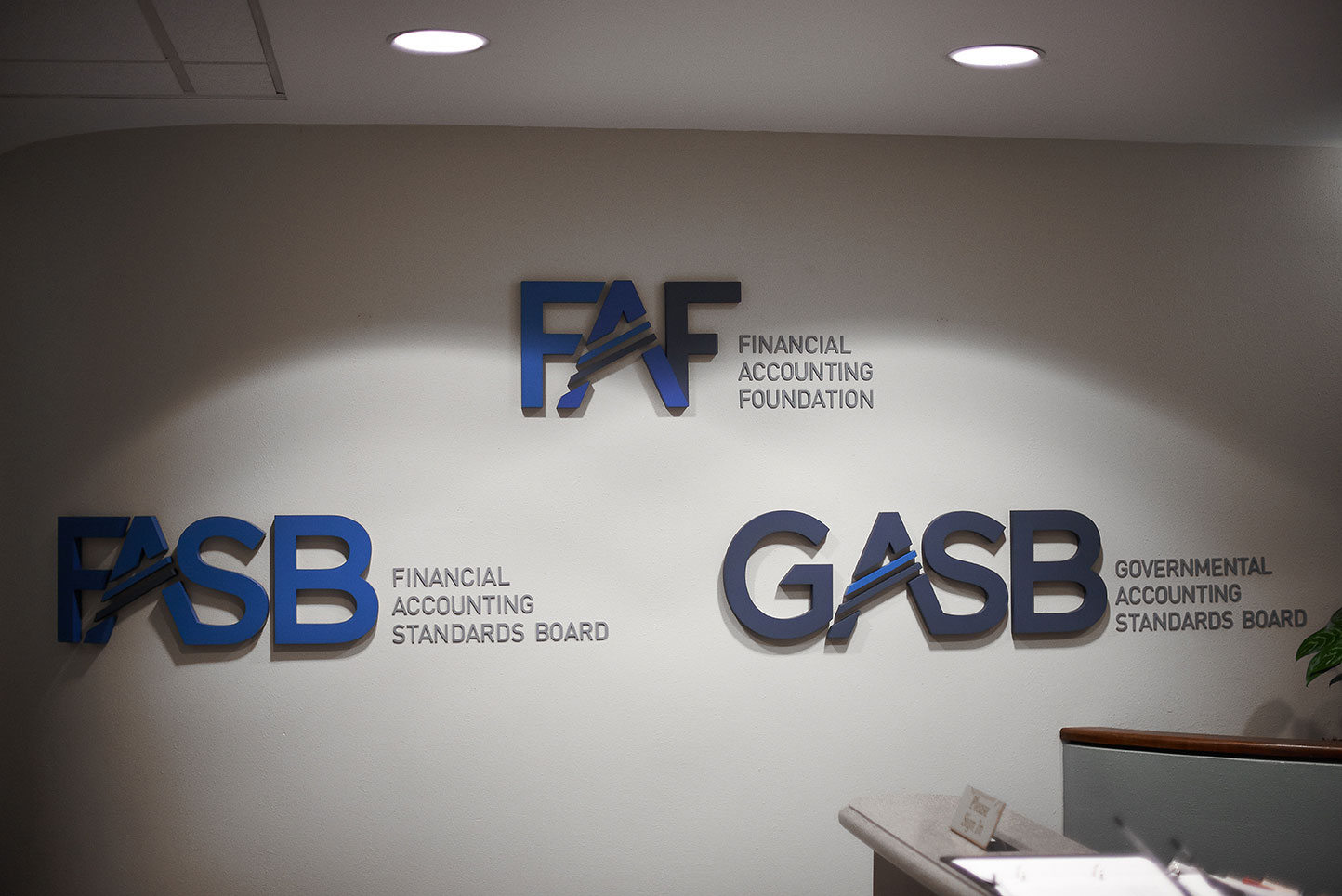The Financial Accounting Standards Board voted Wednesday to give private companies and not-for-profit organizations an extra year to comply with the revenue recognition and leases standards, giving them some more time as organizations struggle to adjust to the novel coronavirus pandemic.
FASB issued a proposal last month to defer the effective date of the revenue recognition and leases standards in response to the pandemic (see our story). Under the proposal, the change would only affect franchisor businesses in response to complaints from some of them, but FASB has decided to extend the deferral to all private companies and nonprofits. They were supposed to start applying the rev rec standard this year, but they will now have until next year. Public companies have been using the revenue recognition standard since 2018.
“Based on feedback received from private companies and not-for-profit organizations comping with the effects of the COVID-19 pandemic, the board decided to extend the revenue recognition effective date deferral to all private companies and not-for-profits that have not yet issued their financial statements (or made them available for issuance) reflecting the adoption of rev rec,” said FASB spokesperson Christine Klimek. “A final standard is expected to be issued during the first week of June (in other words, the deferral won’t just be for private company franchisors).”
This isn’t the first time FASB has delayed the revenue recognition standard. It was issued in 2014 as part of a major convergence project with the International Accounting Standards Board and was set to take effect for public companies in 2017 and for private companies in 2018.
But many companies had difficulty adjusting to the extensive changes and in 2015, FASB voted to push back the dates for public companies until 2018 and for private companies and most nonprofits until 2019 or 2020, depending on their reporting period. They were required to apply the guidance to annual reporting periods starting after Dec. 15, 2018, and interim reporting periods within annual reporting periods beginning after Dec. 15, 2019, although early adoption was permitted. Now they will have an extra year to apply the revenue recognition standard. The effective date will now be for annual reporting periods beginning after Dec. 15, 2019, and interim reporting periods within annual reporting periods beginning after Dec. 15, 2020. Early application will continue to be permitted.
Leasing delay
The leases standard already took effect for public companies at the start of 2019 and was supposed to take effect at the beginning of this year for private companies and nonprofits. Last October, FASB decided to postpone the effective date of the leases standard for private companies and nonprofits, though it had already taken effect for public companies (see our story). It will now be pushed back for another year.
For the leases standard for private companies and private not-for-profit the effective date will now be for fiscal years starting after Dec. 15, 2021, and interim periods within fiscal years beginning after Dec. 15, 2022. Early application will continue to be allowed.
For not-for-profit entities that have issued or are conduit bond obligors for securities that are traded, listed, or quoted on an exchange or an over-the-counter market (public NFP entities) and that haven’t yet issued financial statements (or made their financial statements available for issuance) reflecting the adoption of the leaes standard, FASB affirmed its decision to amend the effective date of the standard. For those entities, the effective date will be fiscal years starting after Dec. 15, 2019, including interim periods within those fiscal years. Early adoption will continue to be permitted.
Some executives already believe they will be ready to comply with the leases standard. Deloitte recently conducted an online poll that found 63.8 percent of private company C-suite executives (and 77.7 percent of public company executivess) were confident about their ability to comply with all mandatory accounting standards on time despite the impact of the coronavirus. FASB’s expected decision to defer the lease accounting standard probably helped increase the confidence numbers for private company executives confidence numbers. However, the same poll also found statistic that only 19.2 percent of private company executives reported being currently prepared for lease accounting compliance, indicating there likely is still a long way to go to cross the approaching finish line.
Nearly one-third (27.7 percent) of the private company executives polled by Deloitte admitted they were unprepared to comply with the new lease accounting standard. While that percenage has decreased over time compared to a similar poll last year by Deloitte (37.4 percent reported they were unprepared in the June 2019 poll), it inidicated there is still muc doubt about preparedness for implementing the new leases standard.
